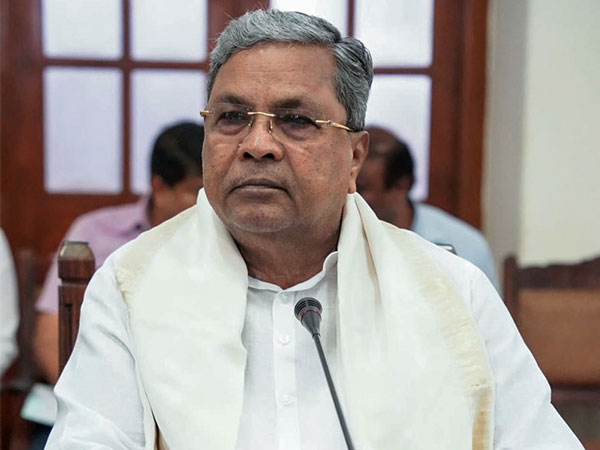Karnataka Moves Forward with Internal Reservation Commission for Scheduled Castes
The Karnataka government has initiated the formation of a one-man commission, led by a retired High Court judge, to strategize the implementation of internal reservations for Scheduled Castes. This move follows a Supreme Court ruling and will involve a comprehensive review of data with a report due in three months.

- Country:
- India
The Karnataka government on Monday unveiled plans to establish a one-man commission dedicated to advising on the implementation of internal reservation for Scheduled Castes. This cabinet decision marks a significant step in addressing the long-standing demand for reconsideration of reservation allocations among various sub-groups within the Scheduled Castes.
According to Law Minister H K Patil, the commission will be headed by a retired High Court judge who is tasked with reviewing existing data before finalizing the state's approach. The decision trails a Supreme Court ruling mandating that internal reservations must be based on empirical data.
Commission's findings, expected within three months, will directly influence the suspension of recruitment processes. Further actions, including the issuance of recruitment notifications, will rely on the report's conclusions. The Supreme Court has empowered states to individually decide which groups should benefit from internal reservations.
Congress leader Priyank Kharge emphasized the government's commitment to this reservation policy, which aligns with their manifesto pledges. He noted past governments' failure to implement data-backed reservations, underscoring the critical need for empirical evidence-based decision-making.
The quest for justice through internal reservations has spanned decades, intensifying during SM Krishna's tenure as Chief Minister. Building on previous administrations' efforts, a 2012 Sadashiva Commission report proposed a reallocation model based on rigorous analysis but was never executed.
(With inputs from agencies.)
ALSO READ
Gadkari Criticizes Congress for Constitutional Amendments Amidst Electoral Campaign
Congress reneged on pre-election promises made in states ruled by it now; Maha Vikas Aghadi has no credibility: Amit Shah in Mumbai.
India's Consumption Conundrum: Congress Calls for Economic Resurgence
'Double engine' govt has derailed; MVA will restore pride and dignity of Maharashtra: Congress chief Kharge.
Congress Challenges Modi: Where Are Promised Developments in Jharkhand?









